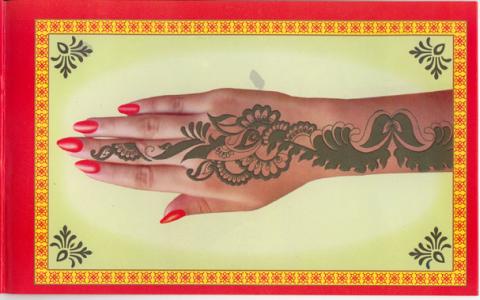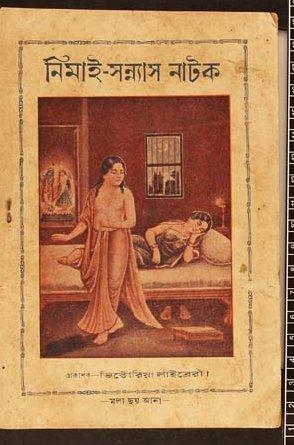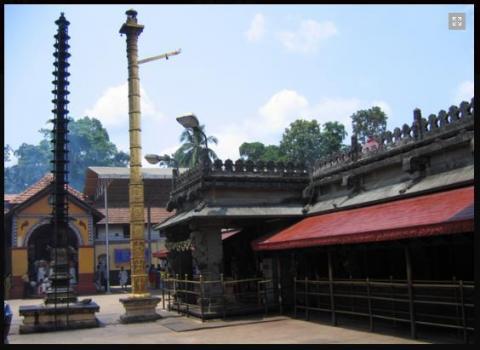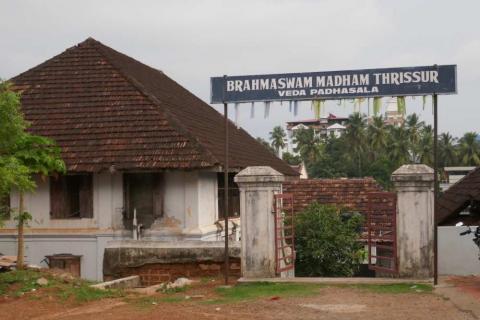
Aims and objectives
This proposal seeks to locate, document and digitise approximately 500 palm leaf manuscripts, totalling around 50,000 pages. These documents, which are in a fragile and endangered condition, contain several insights into areas of knowledge like ecology, agriculture, science, arts and spirituality. Initial efforts at locating them have pointed to the existence of a much larger number of similar materials.
The manuscripts shall be collected from various private repositories for digitisation and thereafter shall be returned to the owners. One digital copy (preferably in DVD) shall be given to the manuscript owner and one copy of the work shall be shared with the British Library. As per the standards, each manuscript will have 3 DVDs (one raw tiff DVD, one clean tiff DVD and one jpeg DVD).
This proposal would focus attention on the neglected knowledge resource of socially disadvantaged minority communities like Tiyya, Asari, Maniyani, and Salia in the northern-most regions of Kerala and create an opportunity for the global academic community to explore interesting links with contemporary thought. These palm leaf manuscripts and the knowledge they contain were marginalised with the advent of modern education leading to the near-extinction of these manuscripts, first abandoned to the attics of old ancestral homes and later consigned to sea or fire as custom demanded.
There is a new interest in understanding and interrogating this intellectual heritage globally and this project seeks to contribute to that process. Modern information technology tools can aid such an effort.
The manuscripts are presently in the possession of individuals, traditional houses and with smaller libraries. The texts' traditional knowledge on treatment of diseases is highly localised and exclusive. There are songs dedicated to different local deities, with references also to the history, customs, and rituals from each zone and area. The corpus of manuscripts in the category of Poorakkali, the temple-oriented ritual, was found to be extremely rare and informative, because they cannot be found in any other part of Kerala. A preliminary survey threw up information on such exclusive knowledge systems specific to the area. There are interesting manuscripts that deal with such unusual fields as seduction of the opposite sex and the science of disappearance. It is an unexplored treasure trove of knowledge that these manuscripts contain and challenge the 21st century scholar to investigate them in detail.
The potential to scale up this collection exists and preliminary reports suggest the existence of over 15,000 manuscripts in the region, mostly from ancestral houses scattered in the region. On a preliminary inquiry, it was found that many families which own important manuscripts have no objection to relinquishing them. This is because they understand the knowledge value of the manuscripts, but realise that they do not have the facility to take care of them by themselves. The texts if they are sourced can be expected to be in a much poorer state due to fungus, termites, humidity and poor storage facilities in the homes that now hold them. Local custom ordains that if houses get rebuilt or if manuscripts become unusable due to decay they should be burnt or thrown into the sea.
The original material and digitised archive will be kept in Folkland: International Centre for Folklore and Culture, an institution based in Kasargod district, Kerala, India.
This work will be directed by Sudha Gopalakrishnan, who led the team that created a database of one million Indian manuscripts as Mission Director of India's National Mission for Manuscripts, Ministry of Tourism and Culture, Government of India between 2004-2007. It will be executed by SAHA: Stirring Action on Heritage and the Arts, an organisation dedicated to the preservation and promotion of India's arts and heritage.
Outcomes
The project team successfully digitised 275 manuscripts, approximately 50,000 pages. These documents, which were in a fragile and endangered condition, contain several insights into areas of knowledge like ecology, agriculture, science, arts and spirituality. Initial efforts at locating them have pointed to the existence of a much larger number of similar materials.
The digitisation work was done through high quality professional digital cameras. One digital copy has been stored at FOLKLAND and one copy deposited with the British Library.
After scanning, the original manuscripts were returned to their owners after proper preventive conservation and wrapping in red cloth. The owners were also given a digital copy of their manuscripts. Some families do not wish to keep the manuscripts in their possession as they feel that they shall not be able to properly care for them in the future. A repository has been established at FOLKLAND which can store any donated manuscripts. During the course of the project approximately 80 such manuscripts were donated to FOLKLAND.
Through this project, many manuscripts have been preserved from imminent damage and permanent loss and this vital knowledge has been preserved for the future.
The records copied by this project have been catalogued as:
- EAP208/1 Folkland International Centre Collection of Palm Leaf Manuscripts [15th-17th Century AD]
- EAP208/2 Saraswathi Andharjanam Jyothishanilayam Silpamandiram Collection of Palm Leaf Manuscripts [17th Century AD]
- EAP208/3 Baskaran Gurukkal Collection of Palm Leaf Manuscripts [16th Century AD]
- EAP208/4 Mekkat Sankaran Namboothiri Collection of Palm Leaf Manuscripts [17th Century AD]
- EAP208/5 Vellur Kundathil Tharwad Collection of Palm Leaf Manuscripts [17th Century AD]
- EAP208/6 Vishwanathan Pulavar Collection of Palm Leaf Manuscripts [16th Century AD]
- EAP208/7 Balakrishnan Pannikar Collection of Palm Leaf Manuscripts [16th and 17th Century AD]
- EAP208/8 K P Chandran Collection of Palm Leaf Manuscripts [17th Century AD]
- EAP208/9 Kannan Master Collection of Palm Leaf Manuscripts [17th Century AD]
- EAP208/10 Sreeniwasan Collection of Palm Leaf Manuscripts [16th Century AD]
- EAP208/11 Parippayi Illam family Collection of Palm Leaf Manuscripts [16th Century AD]
- EAP208/12 A Krishnan Namboodiri Collection of Palm Leaf Manuscripts [16th Century AD]
- EAP208/13 Karunakaran (Uthamanthil family) Collection of Palm Leaf Manuscripts [16th Century AD]
- EAP208/14 Pokkan Panikkar Collection of Palm Leaf Manuscripts [16th-18th Century AD]
- EAP208/15 Puthusseri Shankaran Namboodiri, Puthusseri illam Chuzhal Collection of Palm Leaf Manuscripts [15th, 16th and 17th Century AD]
Due to the cyber-attack on the British Library in October 2023, the archives and manuscripts database is currently inaccessible and we are unable to provide links to the catalogue records for this project.





